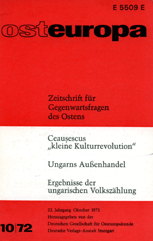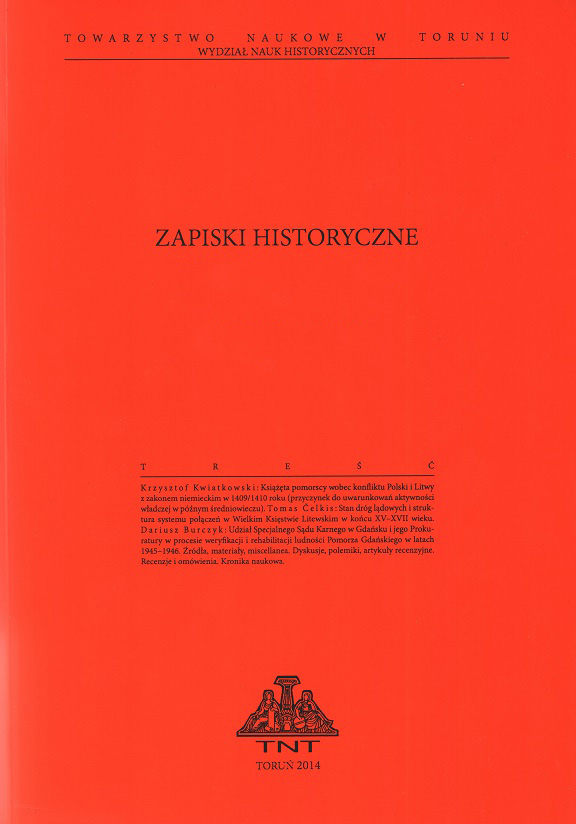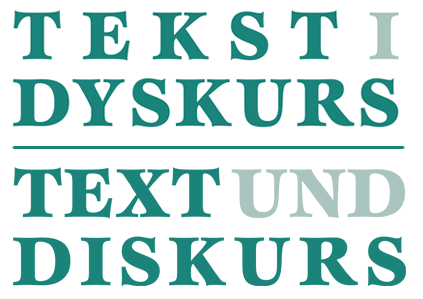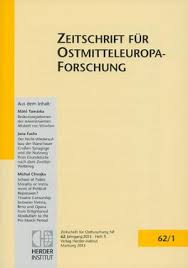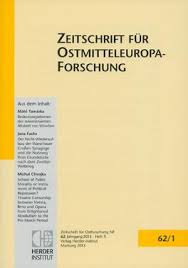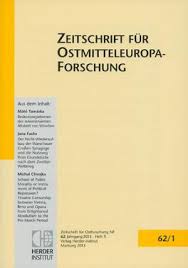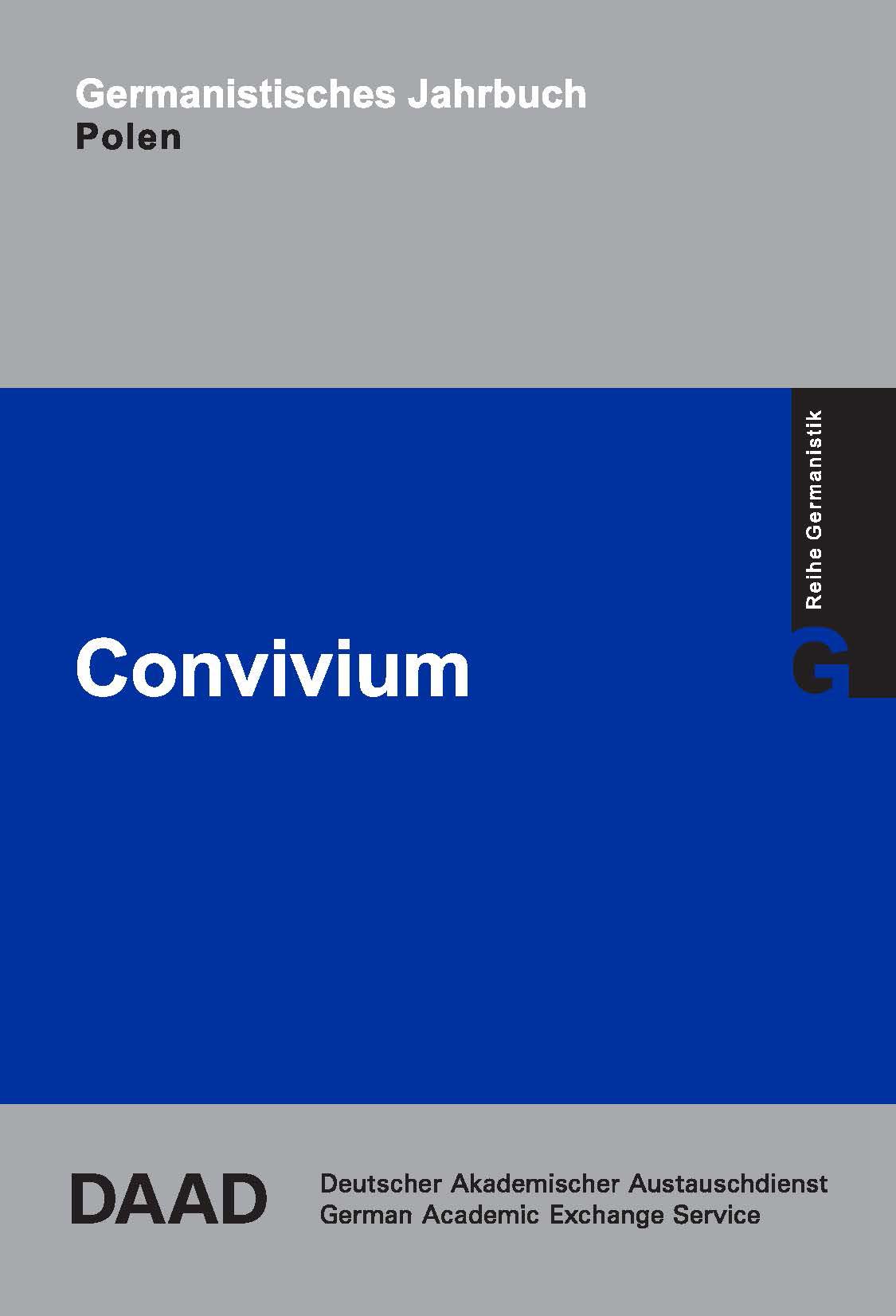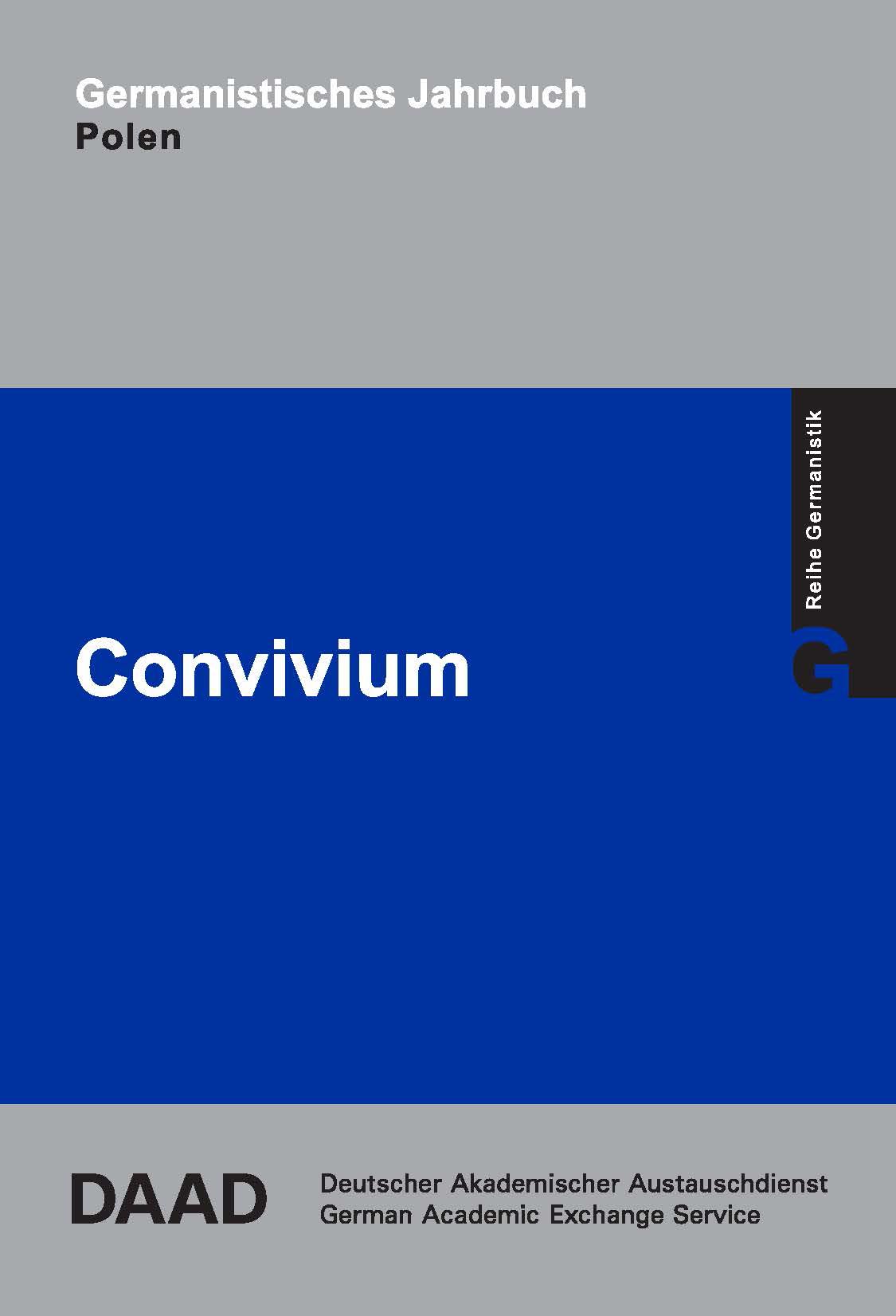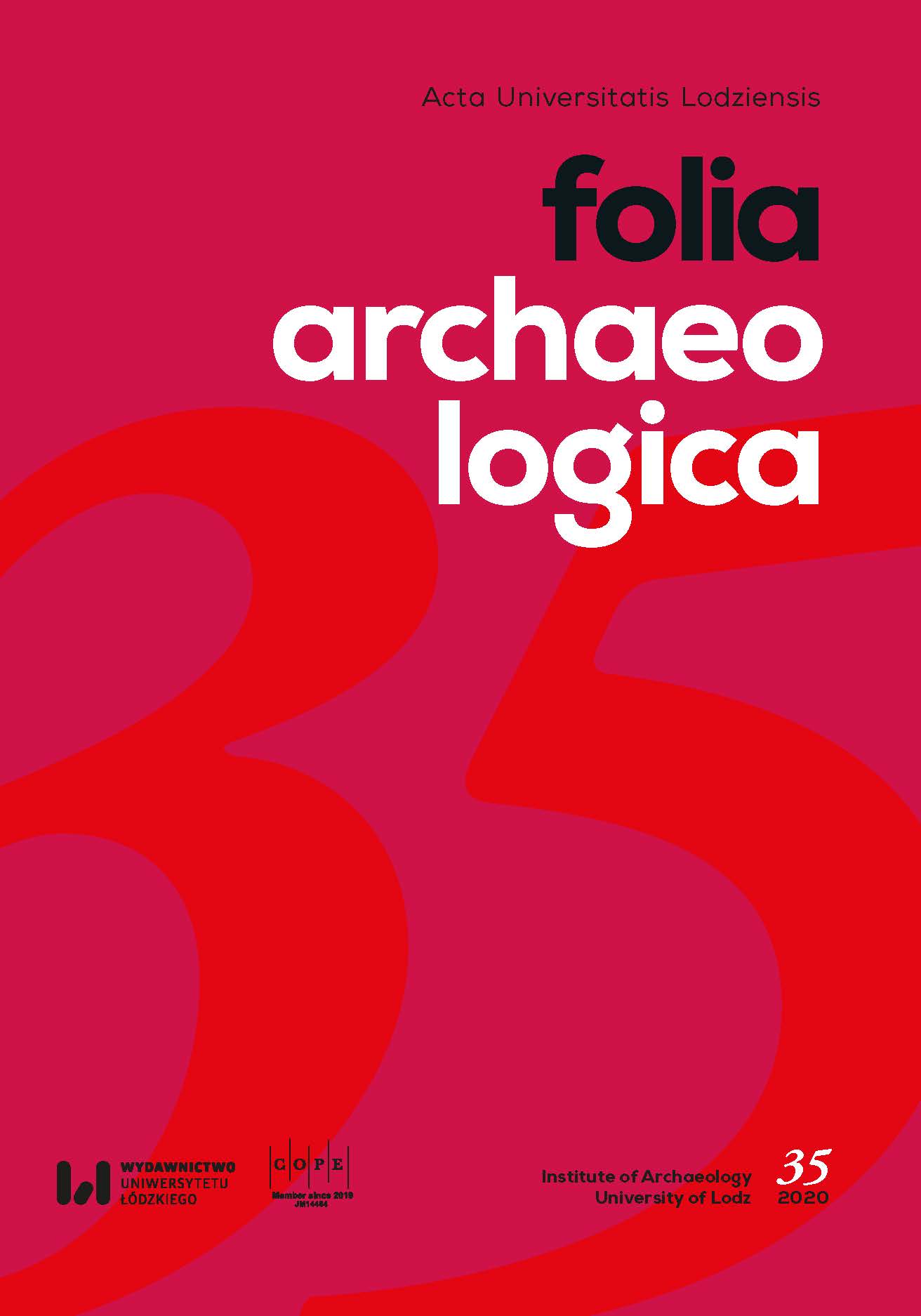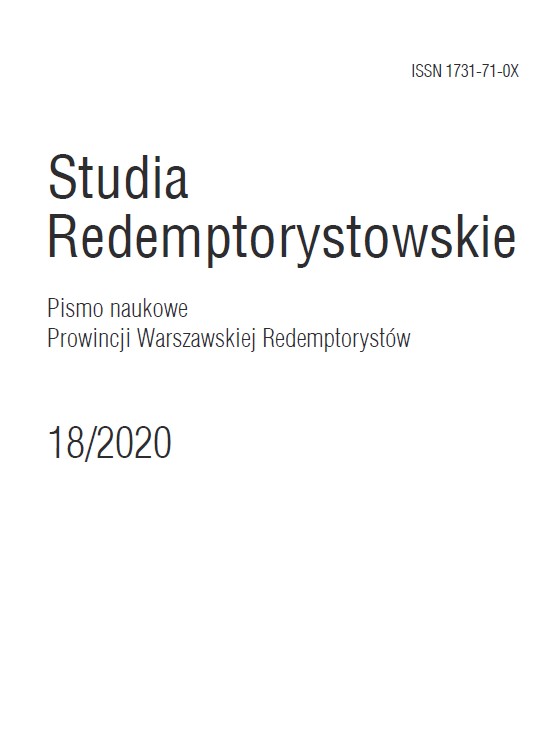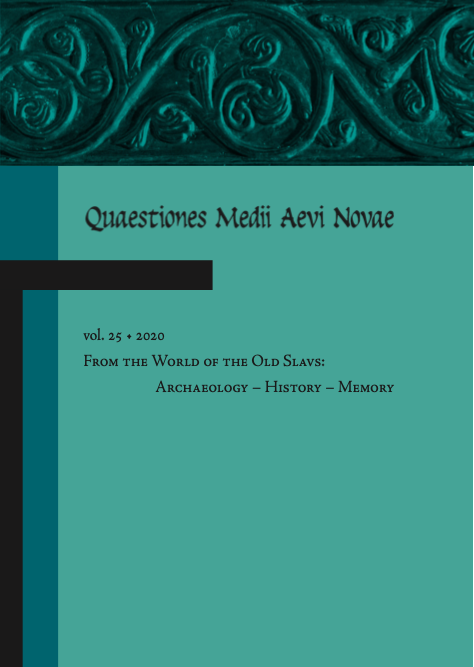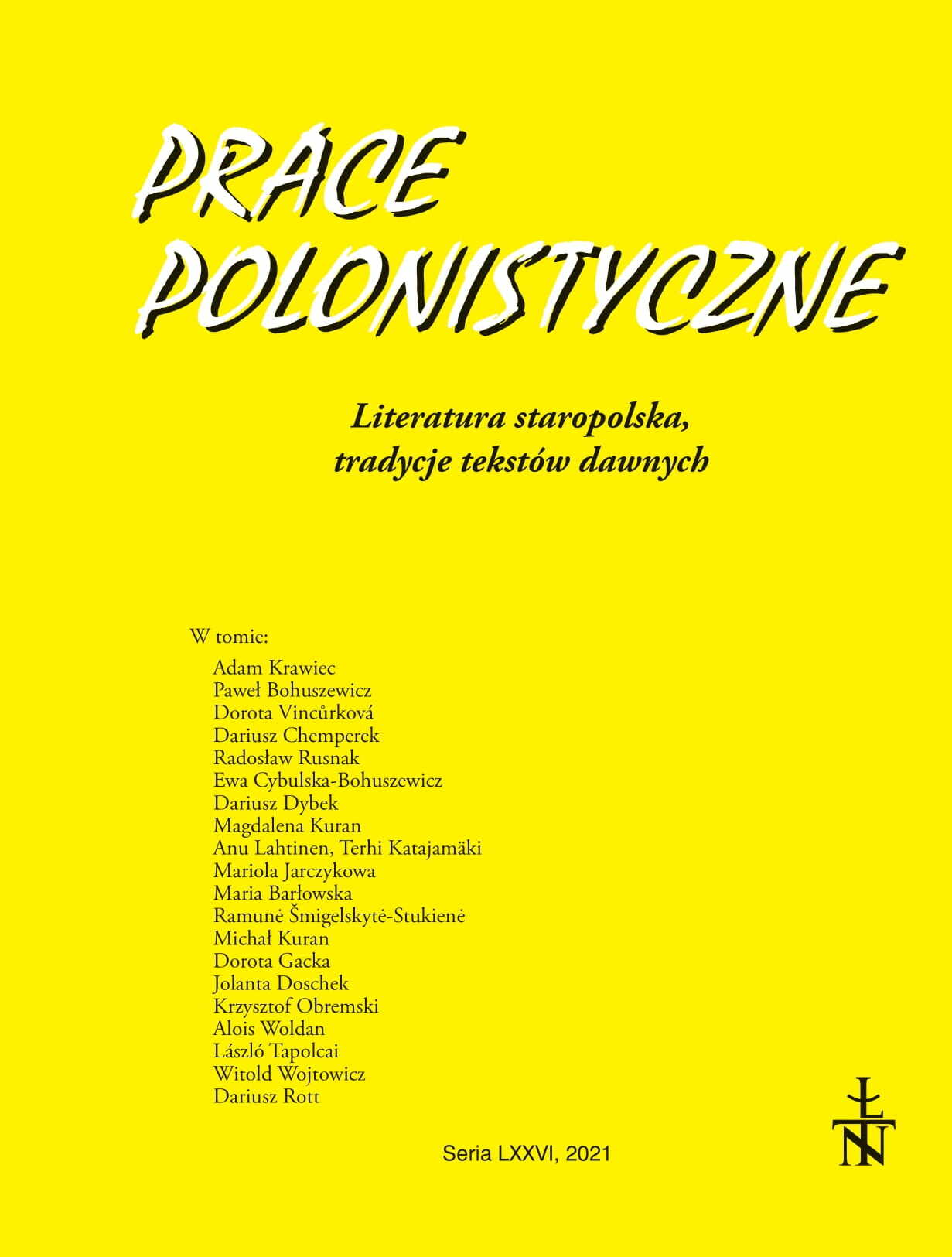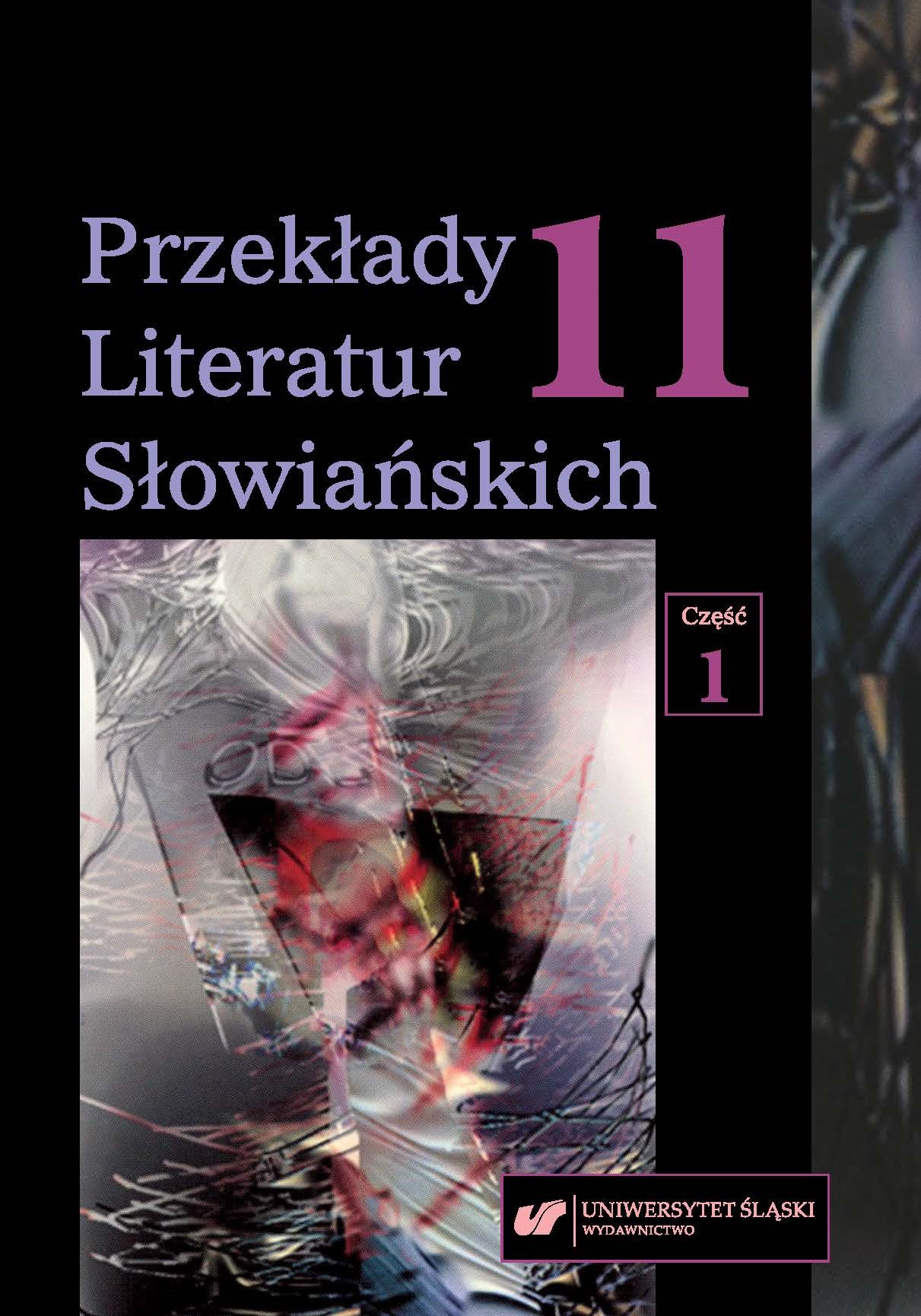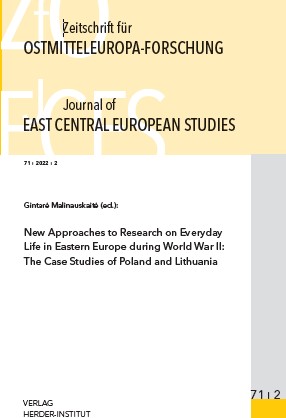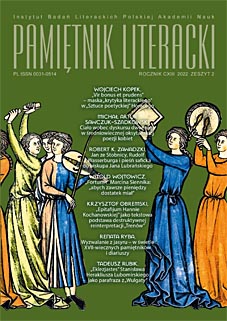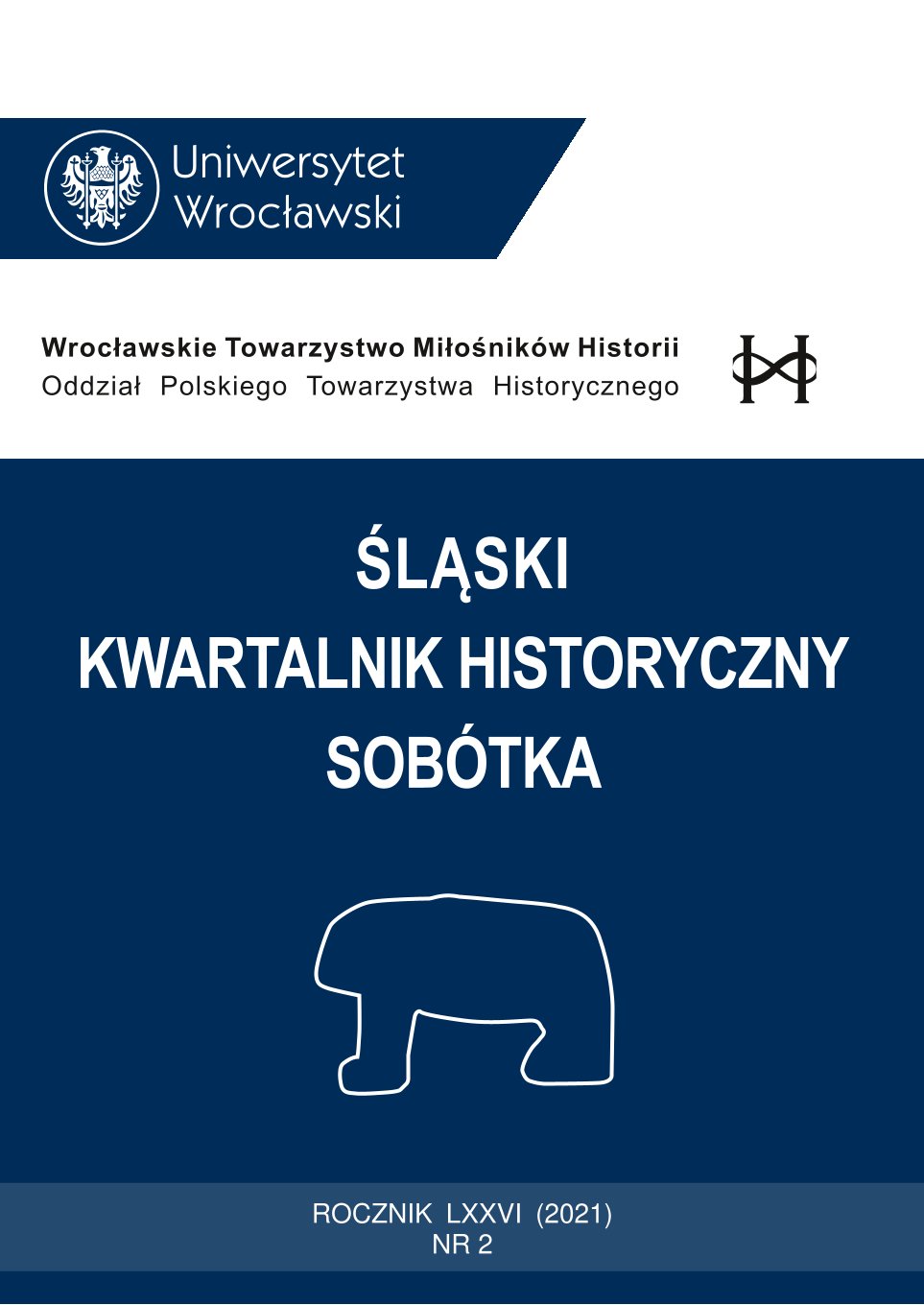The Use of Chemical Weapons on the Eastern Front of World War One (1915) and its Material and Discursive Remains – the Challenge and Stimuli for Attentive Travel, Systematizing, Storage, Connecting, in situ Preservation and Making Public Real Virtual
Author(s): Anna Izbaella Zalewska / Language(s): English
/ Issue: 35/2020
Keywords: weapons of mass destruction (WMD);chemical weapon (CW);material and discursive remains of CW;World War I;Eastern Front;1915;central Poland;gasscape;war cemeteries;archaeology;memory;attentive travel
The article includes a theoretical and practical proposal for perceiving and treating material and discursive remains of using chemical weapons – wherever they still exist – as stimuli for reflection on weapons of mass destruction and as warnings. Based on the specific example of the outcomes of the archaeological and historical research conducted in the historic battlefield – the section of the Eastern Front between Sochaczew in the north and Skierniewice in the south, the following more general appeals have been formulated: – for inalienability of collecting, systematizing and interpreting source information and studies that could together make up a real and digital repository of knowledge on material and discursive remains of historical uses of chemical weapons (CW) and potentially further on of weapons of mass destruction (WMD); – for documenting, digitalising and protecting in situ remains of the past that, despite representing a challenge for contemporary people, constitute a part of important, however difficult, transnational painful heritage; – for undertaking more intense, systematic and coordinated activities to disseminate knowledge about past use of CW and about the mission and activities of individuals and organisations involved in the process of minimizing the threats of weapons of mass destruction in the modern world (such as the Organisation for the Prohibition of Chemical Weapons – OPCW). It is worth exploration, as well as documentation and protection (with the aid of archaeology, history, memory studies, ethnology, landscape studies, educational studies – especially on Peace Education, tourism studies etc.) e.g. by means of transdyscyplinary research and working on establishing real and virtual repositories of knowledge on CW, OPCW, outreach, education on transnational painful heritage, reflective cultural tourism, attentive travel etc. The historical gasscapes (landscape marked with gas attacks) – such as an element of the landscape of today’s central Poland, sketched in this article, that bore witness to the very first mass use of gas shells in January 1915, as well as wave attacks with poisonous chlorine (possibly combined with phosgene) in the battlefield, has been presented as particularly predestined to serve as a symbols of CW painful heritage, triggers for reflection on BMR and carriers of even though weaker and disappearing living memories. Additionally, the attention was drawn to the fact that certain activities aimed at documenting, consolidating, systematizing and disseminating knowledge about the experiences related to CW (or more broadly, WMD) should be undertaken immediately. Some disappearing material remains prove it. The area (in present days Poland) of a former battlefield, where the army of the German Empire repeatedly used chemical weapons in 1915, still conceals the bodies of – until recently – almost completely forgotten victims of CW. Hence the emphasis put on the significance of that area and other similar places as destinations for attentive travel (real and virtual) following evocative remains will not leave us indifferent and uninterested.
More...
